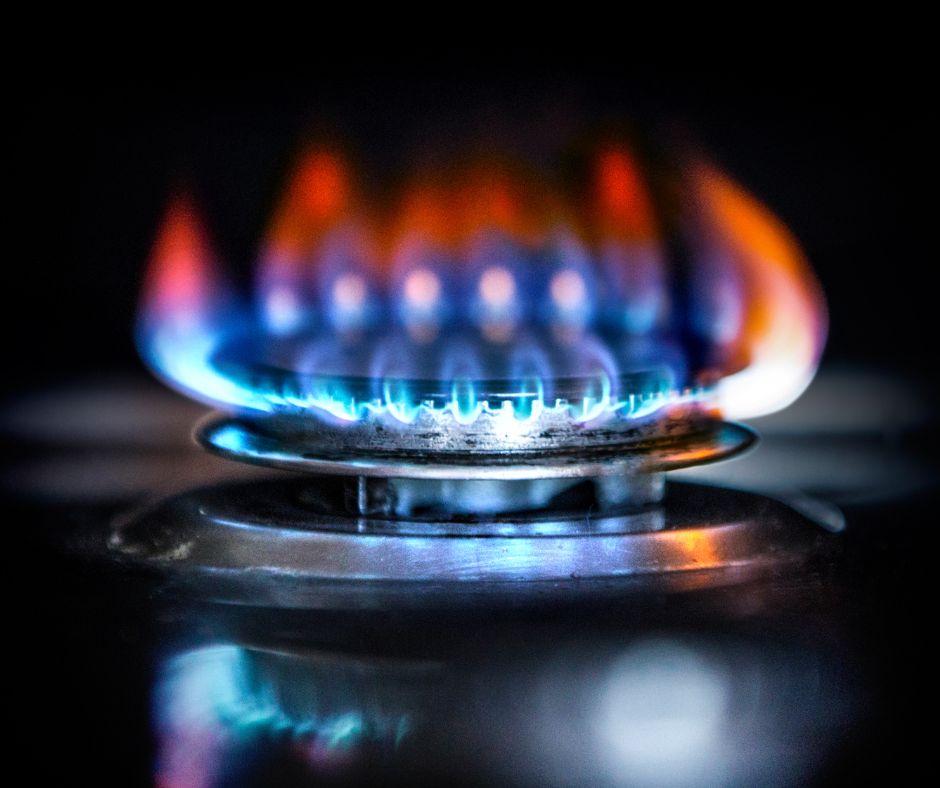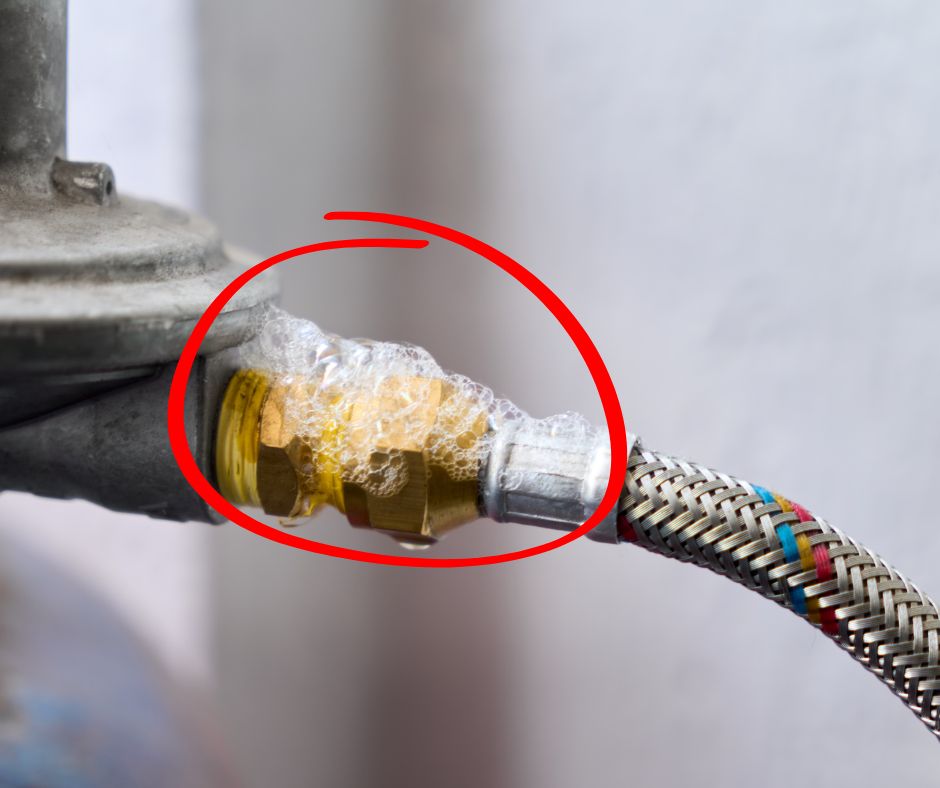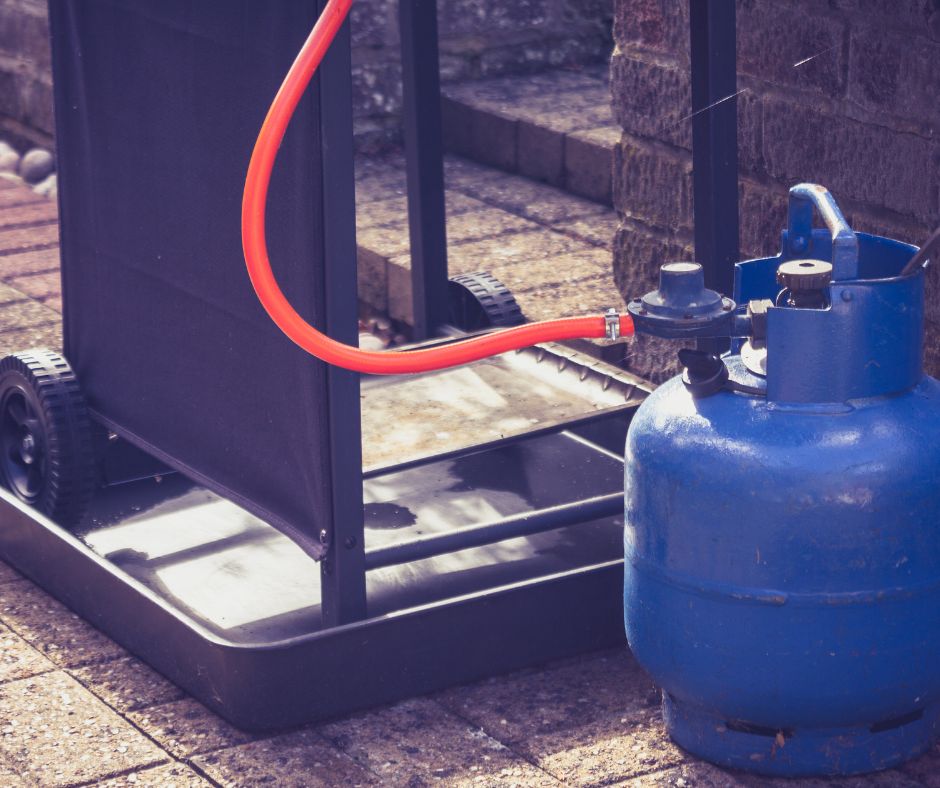Essential Safety Tips for Detecting Gas Leaks in Your Home
It is critically important to recognize the unmistakable signs of a gas leak to protect your safety and that of your loved ones. If you ever detect a potent odor reminiscent of rotten eggs, hear a hissing or whistling noise near your gas appliances or pipes, observe flames that are yellow or orange instead of the typical blue, or frequently experience unexplained headaches or dizziness, these could all be serious indicators of a gas leak. Additionally, keep an eye out for any dead or wilting plants near outdoor gas lines, as this could signal a significant issue. Upon noticing any of these alarming signs in your Wollongong home, it's crucial to shut off the gas supply at the meter, open windows for ventilation, and immediately reach out to a licensed gasfitter for professional assistance.

When to Seek Immediate Help from a Gasfitter During Emergencies
Encountering a gas leak is an urgent situation that requires immediate action; procrastination is not an option. A single spark can transform a typical household environment into a perilous zone. Gas leaks can originate from numerous sources, including faulty connections, aging appliances, or even corrosion in underground gas lines. Quick detection and prompt intervention are essential for preventing injuries, property damage, or catastrophic events. Homes in Wollongong, particularly those equipped with older gas heaters or poorly ventilated configurations, face heightened risks if their gas systems are not routinely inspected. This comprehensive guide will empower you with the knowledge necessary to identify a gas leak, outline immediate actions to take, and inform you of the right time to contact a licensed gasfitter for urgent repairs.
Key Indicators That Signal a Gas Leak in Your Home
1. Identifying the Distinctive Odor of Rotten Eggs
While natural gas is odorless in its pure form, gas suppliers intentionally add a compound called mercaptan, which emits a strong, sulfur-like scent, to facilitate leak detection. If you suddenly encounter a noticeable odor that resembles rotten eggs, it is imperative to treat this warning with the utmost seriousness. This distinctive smell acts as an immediate alert that gas may be leaking within your home, necessitating swift action to ensure the safety of everyone present.
2. Listening for Hissing or Whistling Noises Near Gas Appliances
A prominent indicator of a gas leak may be the sound of gas escaping under pressure from a pipe or hose, often producing a soft yet perceptible hissing noise. If you hear such sounds near your gas appliances or around gas lines, it could indicate a leak. Always remain vigilant and investigate any unusual noises, as they can signify a critical safety issue that demands immediate professional assessment.
3. Observing Unusual Flame Colors in Your Gas Appliances
Gas cooktops and heaters are designed to produce a clean, bright blue flame. If you notice that the flames appear yellow or orange, or if they flicker erratically, this could suggest incomplete combustion, potentially caused by gas leaks or blockages within the system. Observing such discolored flames is a vital warning sign that something is amiss with your gas appliances, and it requires immediate investigation to prevent further complications.
4. Recognizing Unexplained Physical Symptoms Among Household Members
If you or your family members frequently experience headaches, dizziness, nausea, or fatigue while indoors, these physical symptoms may indicate gas exposure or a buildup of carbon monoxide in an enclosed space. Such reactions are serious and should not be disregarded. It is crucial to acknowledge these symptoms and take appropriate precautions, as they may signify a hazardous situation that requires urgent attention from a licensed gasfitter.
5. Observing Wilting Houseplants or Dying Outdoor Foliage
Gas leaks occurring near outdoor gas lines or under slab connections can result in the gradual decline of nearby plants and vegetation. This occurs because the escaped gas displaces oxygen in the soil, making it challenging for plants to survive. If you notice wilting or dying houseplants or outdoor vegetation in proximity to these areas, it may indicate a gas leak that requires immediate assessment by a qualified professional.

Essential Steps to Take If You Suspect a Gas Leak
1. Promptly Shut Off the Gas Supply
Locate your gas meter and turn the valve clockwise to shut off the gas supply to your home. This valve is typically situated on an exterior wall, either at the front or the side of the residence. Swift action at this stage is critical for ensuring safety.
2. Avoid Using Any Electrical Devices
Refrain from turning on lights, appliances, or any electrical outlets. Even the tiniest spark from an electronic device can ignite leaked gas, leading to potentially devastating results. Maintain a safe distance from any electrical sources until the situation is thoroughly assessed.
3. Open All Windows and Doors for Proper Ventilation
Ensuring adequate airflow is essential for mitigating the dangers associated with gas accumulation. Open all windows and doors to facilitate the circulation of fresh air; cross-breezes can be particularly effective in dissipating accumulated gas. This step is crucial for reducing the concentration of gas in the air.
4. Avoid Attempting Repairs Yourself
Only licensed gasfitters are legally authorized to repair or reconnect gas systems in NSW. Any attempt to tamper with the system can introduce additional risks and may void your insurance policies. It is vital to leave repairs to qualified professionals who have the necessary expertise and training.
5. Contact a Licensed Gasfitter Without Delay
If you suspect a gas leak, promptly reach out to a licensed gasfitter for emergency response services in Wollongong and surrounding suburbs. Contact CS Plumbing’s licensed gas services or our 24/7 emergency plumbing team for swift and professional assistance.
Understanding Compliance with NSW Gas Safety Standards for Your Home
In New South Wales, all gasfitting work must adhere to the Gas and Electricity (Consumer Safety) Act 2017, which ensures that the highest safety standards are maintained. All gas work must be performed by a licensed gasfitter to comply with these vital regulations.
After any regulated work is completed, it is advisable to request a Certificate of Compliance to confirm that all safety standards have been adhered to. As a homeowner in Wollongong, you hold the legal responsibility for ensuring that your gas appliances and installations are maintained and repaired solely by licensed professionals.
Proactive Strategies to Prevent Future Gas Leaks in Your Home
- Schedule annual gas safety inspections, particularly before the winter heating season.
- Replace old, flexible gas hoses and bayonet fittings that appear cracked or brittle to prevent leaks.
- Ensure vents and exhausts are free from obstructions to guarantee proper airflow.
- Regularly check for corrosion on outdoor connections, especially after heavy rainfall or exposure to coastal environments.
- Utilize only branded, certified gas appliances to guarantee optimal safety and efficiency.

The Article: Detect and Respond to a Gas Leak in Your Wollongong Home first appeared on https://writebuff.com
The Article Gas Leak Detection and Response for Your Wollongong Home Was Found On https://limitsofstrategy.com

